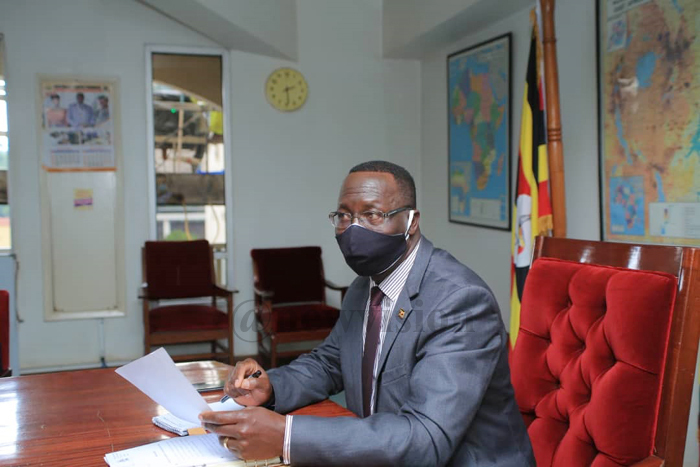Gender Ministry petitioned over ban on labour export to the Middle East
Last March, the government suspended the externalisation of labour to countries such as the United Arab Emirates, Saudi Arabia, Qatar, Jordan, Somalia, Kuwait, Bahrain, Afghanistan, and Iraq as part of the fight against COVID-19.
A group of women who work in the Middle East has petitioned the Minister of Labour, Gender and Social Development due to the government's restrictions on the export of labour to the Middle East.
Last March, the government suspended the externalisation of labour to countries such as the United Arab Emirates, Saudi Arabia, Qatar, Jordan, Somalia, Kuwait, Bahrain, Afghanistan, and Iraq as part of the fight against COVID-19.

The protesting women, who peacefully marched to the Ministry offices in Kampala asked the government to lift the ban as a measure to fight unemployment and to also help them make ends meet and support their families and dependents.
"Hon. Minister sir, 90% of the young ladies that go out to work in majorly Sauda Arabia are single mothers and will little education and maintaining the ban despite the opening of airports, leaving millions of youths and their dependents vulnerable and without basic needs," the protesters said in the petition that was handed over to the the Permanent Secretary, Aggrey David Kibenge.

"Human traffickers are also starting to take advantage of the ban because hundreds of girls are now leaving Uganda illegally to seek employment in the Gulf states. The purpose of this petition is to request your good office to intervene in this situation, issue guidelines to the licensed labour export companies to continue to help us find jobs in the Middle East."

However, last month, the Government said it was reviewing the suspension and that it had written to the Health Minister seeking advice on the feasibility of reopening the externalisation of labour